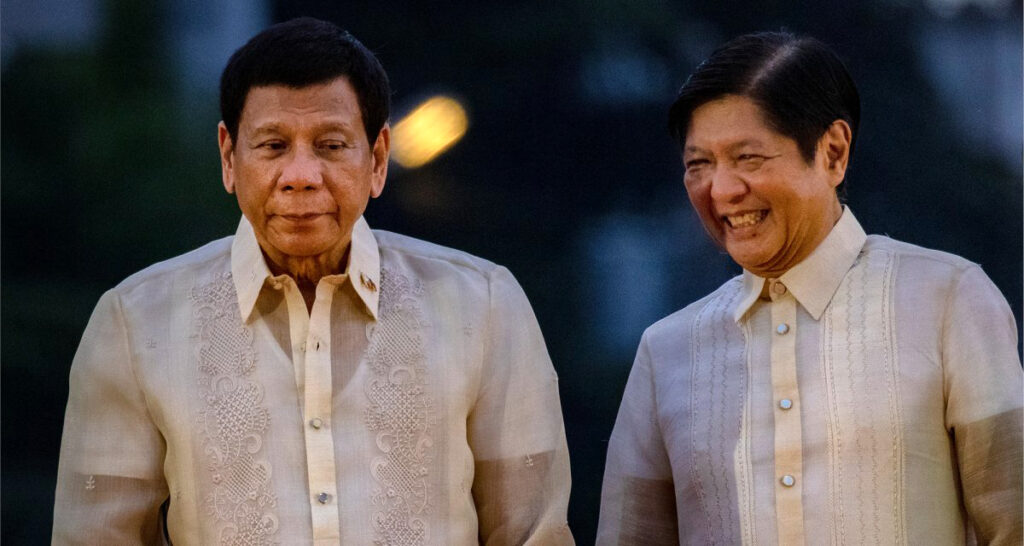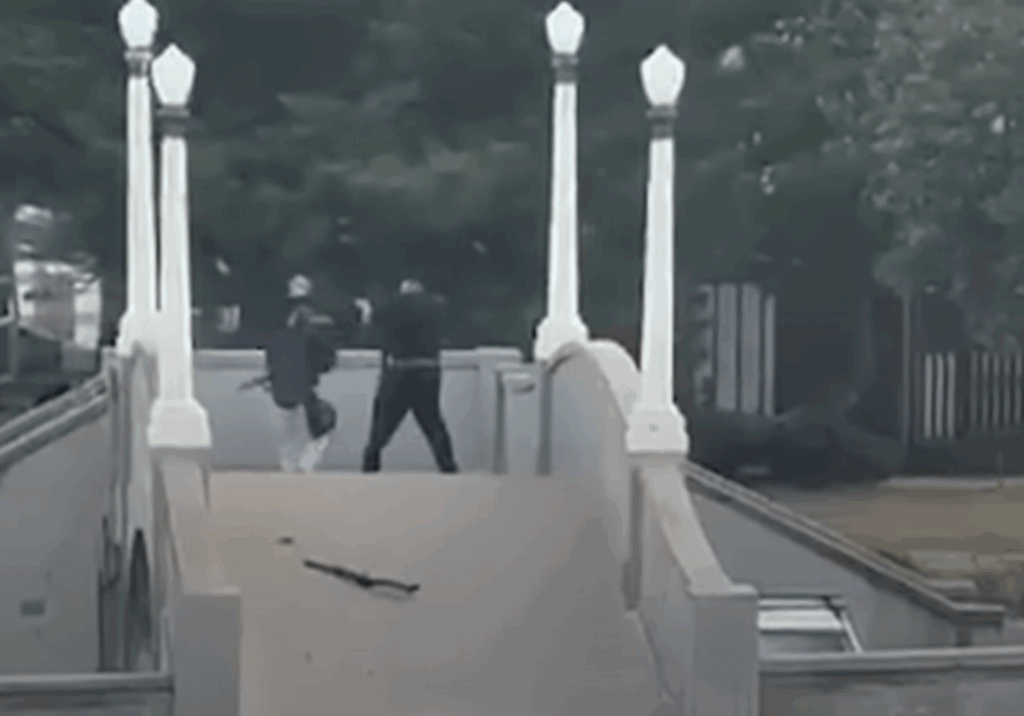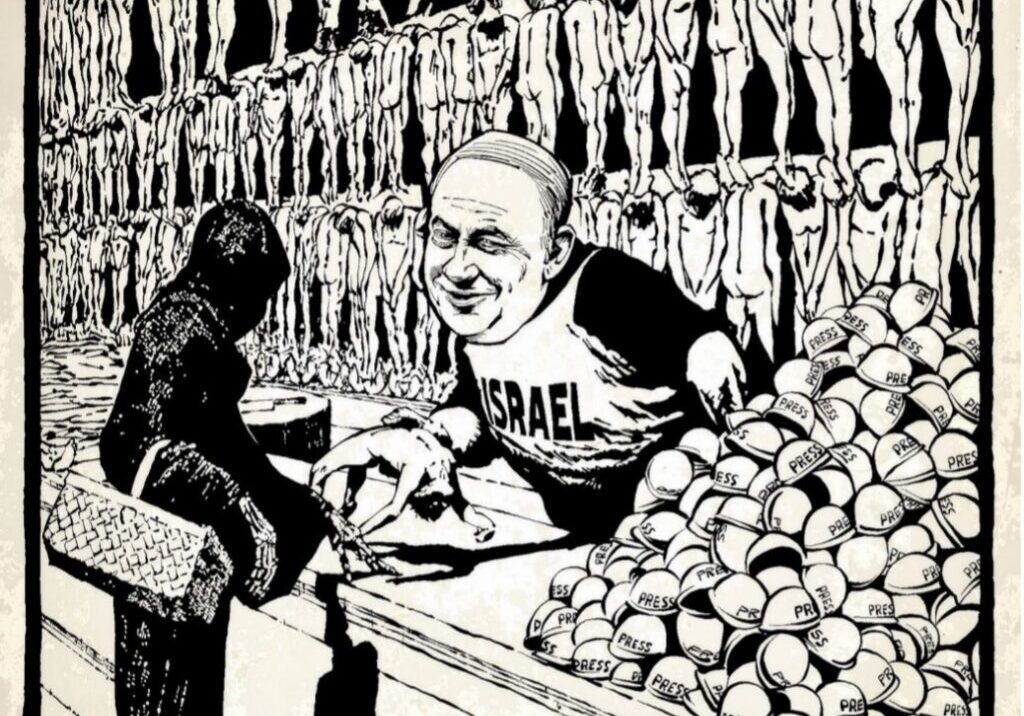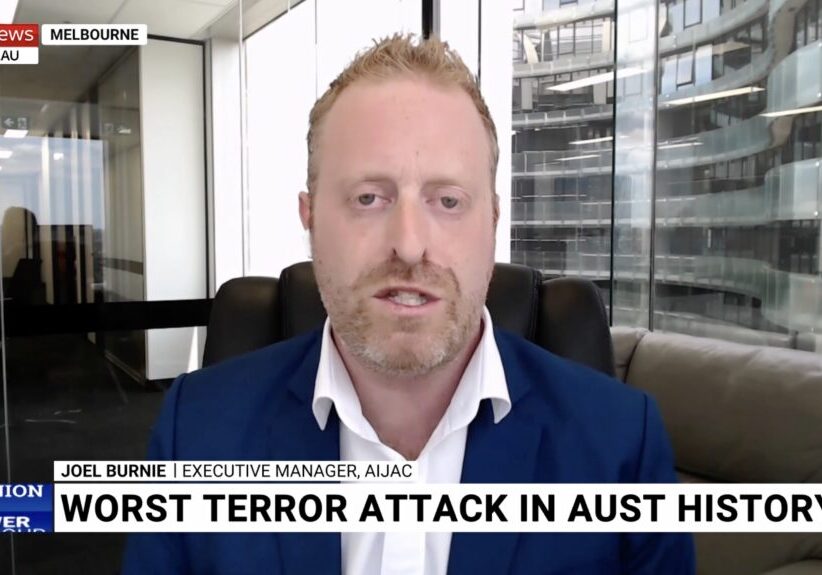Australia/Israel Review
Asia Watch: A feud and its fallout
Apr 1, 2025 | Michael Shannon

The sight of former Philippines president Rodrigo Duterte in the dock at the International Criminal Court in The Hague, Netherlands, facing charges of crimes against humanity, offered stark evidence of the bitter enmity between President Ferdinand Marcos Jr and his predecessor.
The alliance between the two powerful families helped deliver the presidency to Marcos and the vice presidency to Duterte’s daughter Sara in the 2022 elections. The unravelling of this partnership is more than just a political realignment – it is a blood feud in the Philippines tradition, characterised by perceived betrayal, dishonour and a thirst for violent revenge. In turn, the patronage networks of powerful clans are activated, accessing illicit financial networks and mobilising private armies to settle the score.
With the alliance structure between northern Luzon (Marcos’ stronghold) and Mindanao (Duterte’s base) breaking down, the country is facing deeper instability that could spill over in numerous ways, as local warlords, drug cartels and insurgent groups seek to take advantage.
In particular, the fragile gains of the peace process in the country’s south are at risk from renewed Islamist militant activity – ranging from targeted attacks on government installations and civilian infrastructure to aggressive recruitment drives in impoverished communities. Although government security forces have intensified operations to disrupt these networks, the complex terrain and deeply rooted local support in certain areas have allowed these groups to maintain a foothold.
Active since the early 1990s, the Abu Sayyaf Group has been infamous for high-profile kidnappings, bombings and extortion schemes. In recent months, remnants of the group have continued to engage in sporadic violent incidents. These include targeted kidnappings of local businessmen and occasional ambushes aimed at security forces operating in less accessible regions. Their ability to exploit the rugged geography of the Sulu archipelago in the deep south enables them to evade sustained military pressure.
Emerging as a formidable force in the wake of its 2017 siege of Marawi City, the Maute Group quickly gained notoriety for its explicit ties to Islamic State. Although the scale of their operations has since diminished, recent intelligence suggests that small factions remain active in certain parts of Mindanao. Over the past months, these groups have reportedly engaged in low-level guerrilla tactics, including hit-and-run attacks on local checkpoints and government installations.
A hardline splinter faction that broke away from the Moro Islamic Liberation Front (MILF), the Bangsamoro Islamic Freedom Fighters’ (BIFF) activities have fluctuated over time, but recent months have seen an uptick in their localised operations. BIFF members have been implicated in isolated incidents of arson, road blockades and ambushes on security personnel, particularly in rural and border areas.
The political rivalry between Marcos and Duterte supporters has significant implications for Muslim Mindanao. Proponents of Duterte’s methods argue that an uncompromising approach is the only viable way to deter extremist violence. They maintain that military operations, enhanced surveillance and aggressive counterterrorism measures are indispensable in the face of groups that refuse to be swayed by negotiation. Conversely, advocates for the Marcos-aligned policies emphasise that sustainable peace can only be achieved through a hybrid strategy that combines targeted security operations with community engagement and economic development.
Local leaders in the region are increasingly wary of the uncertainty that this political discord has generated. Coordination between national forces and local government units is critical in a region where geographical and social complexities require tailored approaches. A polarised political environment could affect the sharing of intelligence and the execution of integrated security measures.
The Philippines military, which has historically played kingmaker during leadership crises, is also showing signs of division. Duterte loyalists remain embedded in the ranks, and if the political crisis escalates, factions within the armed forces could move to protect their interests – whether through internal coups, selective defiance of orders or outright intervention in governance.
Likewise, the Philippines National Police, notorious for its role in Duterte’s drug war, remains a wildcard. If Duterte’s allies in the security forces begin operating independently, extrajudicial violence could return, fuelling further unrest.
While the Marcos-Duterte power struggle is rooted in the Philippines, its consequences could spill over to neighbouring countries. The Malaysian state of Sabah has long been vulnerable to cross-border crime – from human trafficking and kidnapping to smuggling and piracy – particularly from Abu Sayyaf’s stronghold in nearby Sulu. Likewise, an uptick in jihadist violence could reignite radical Indonesian jihadist networks in Sulawesi and Kalimantan.
With Rodrigo Duterte in a jail cell in the Netherlands, it’s hard to see how the Marcos-Duterte conflict will be defused. Philippines history suggests it will not end peacefully.
Tags: Asia, Islamic Extremism, Philippines






